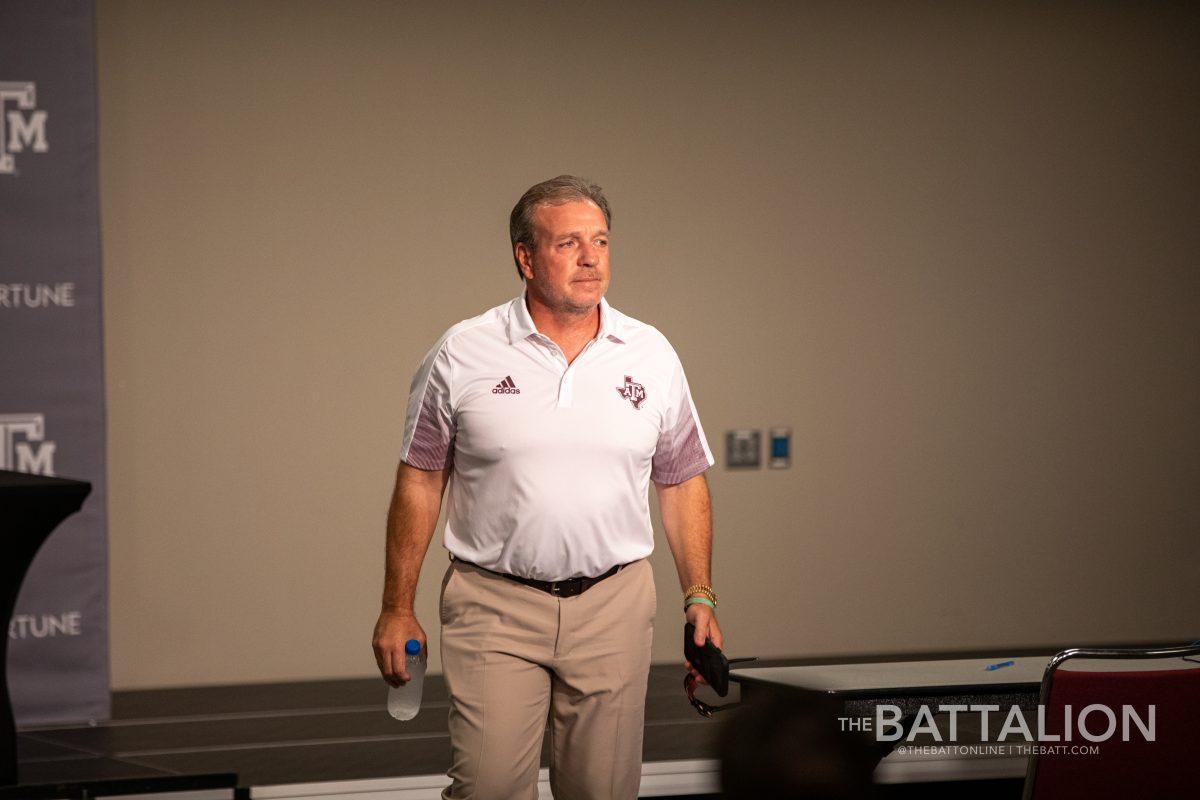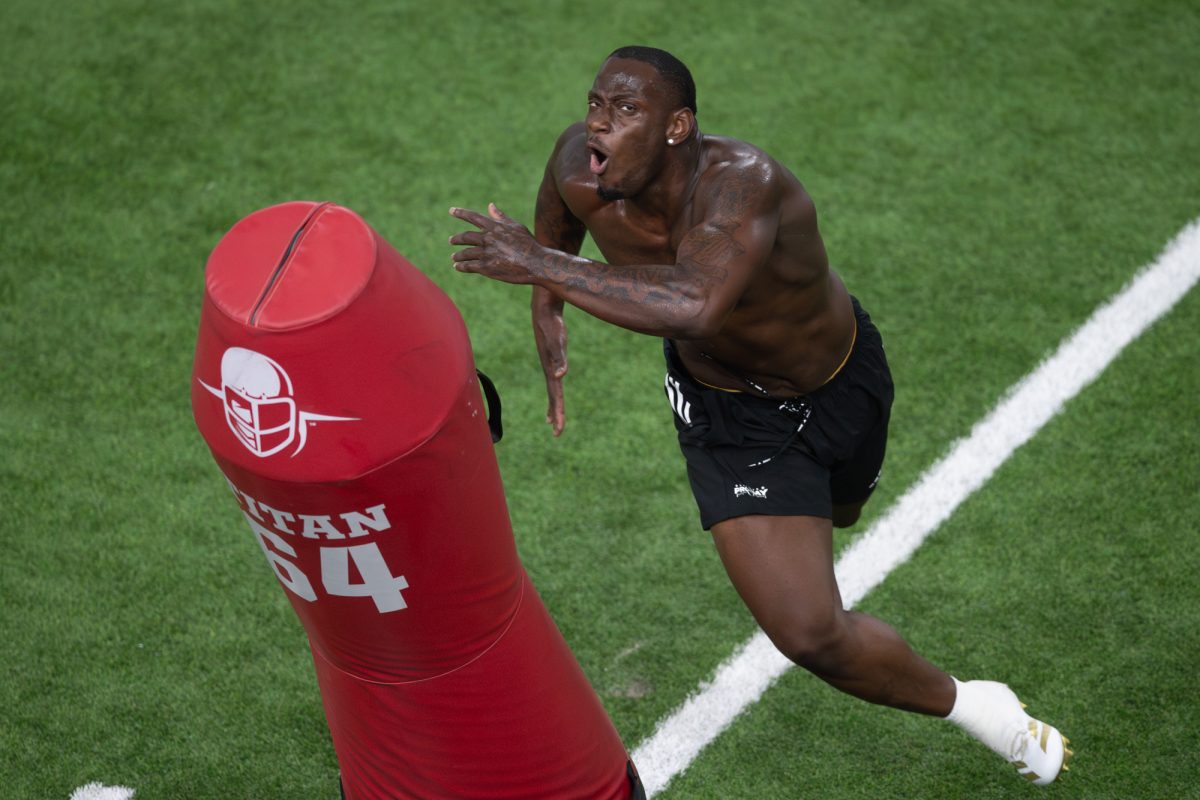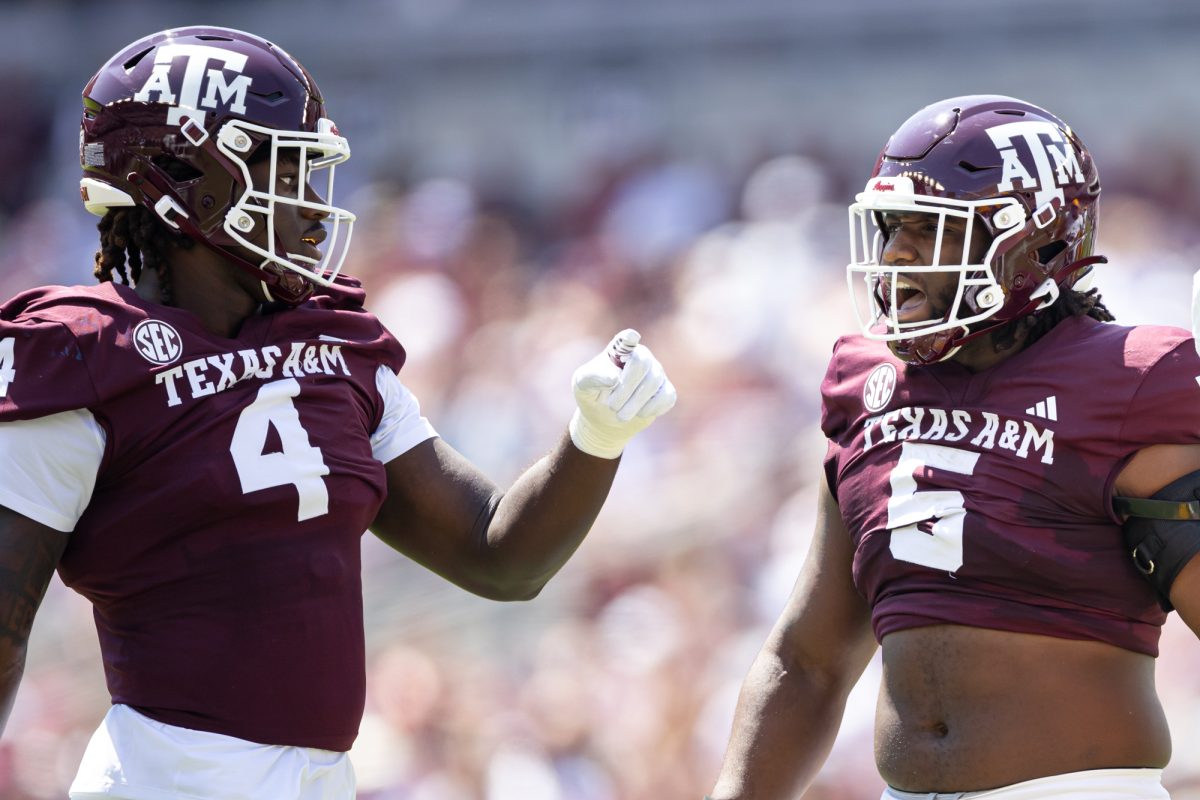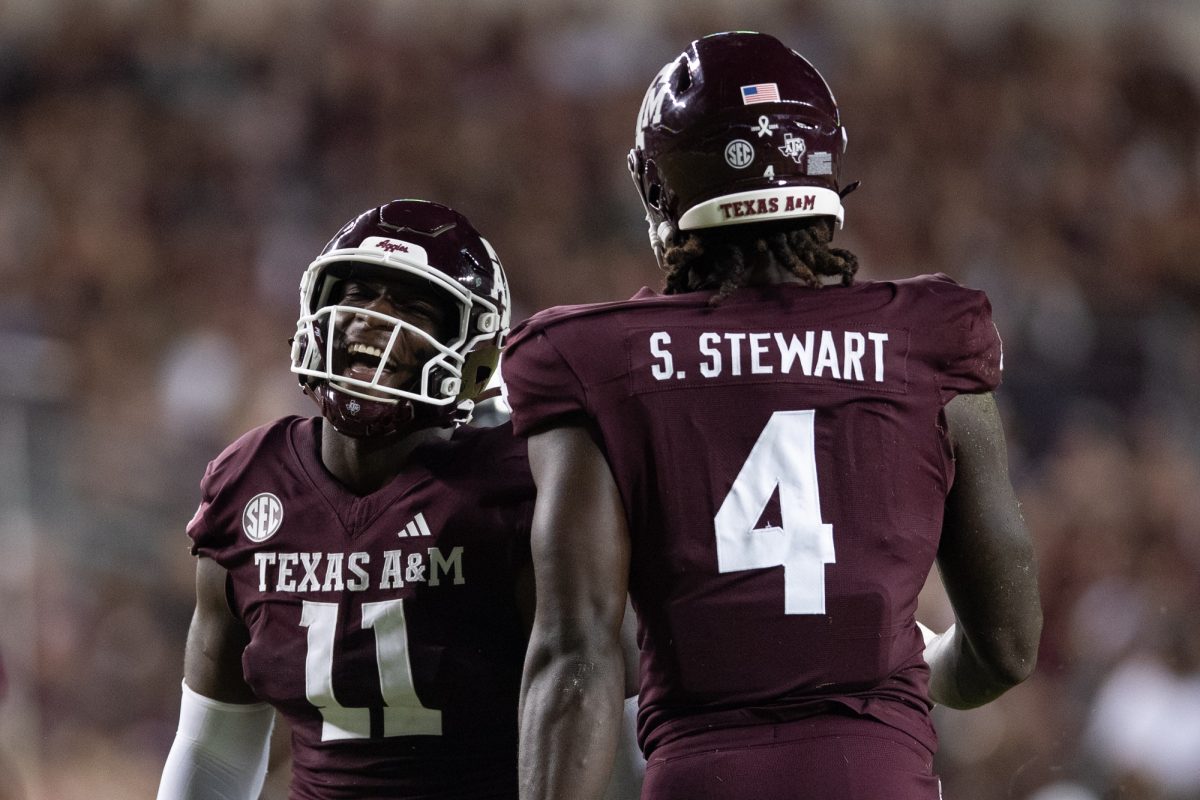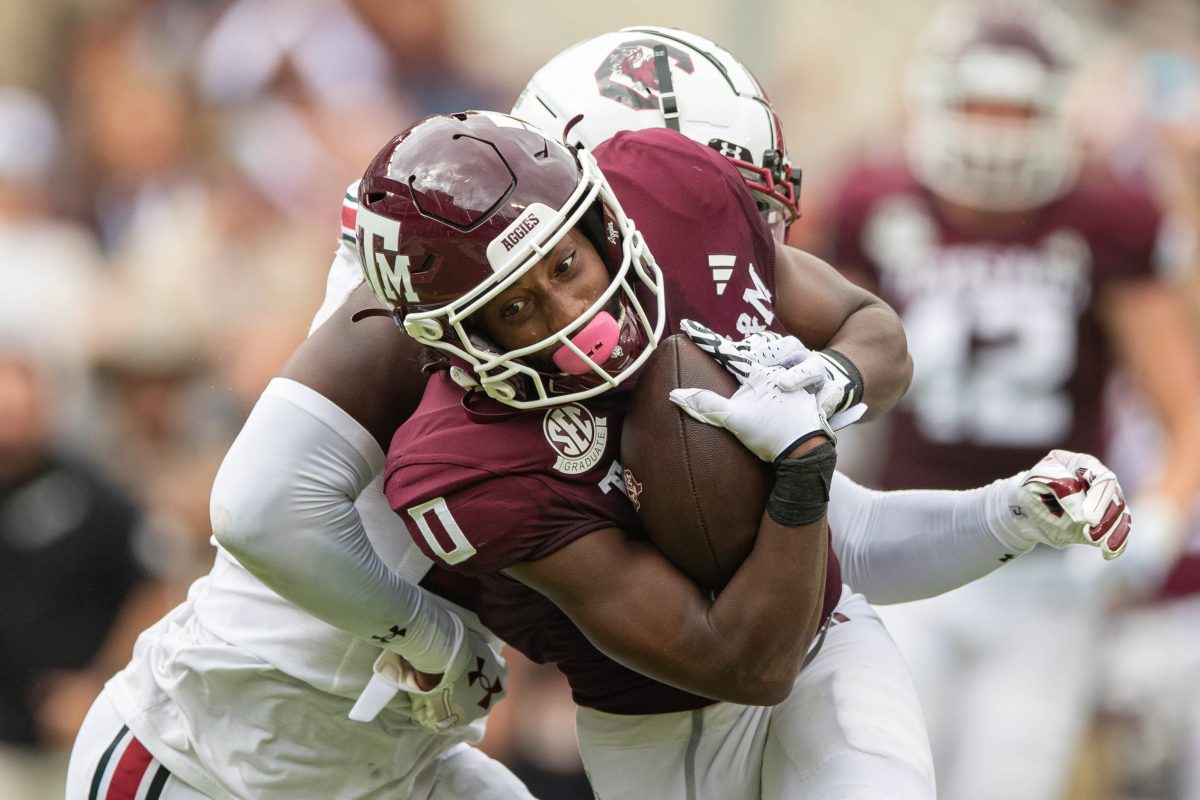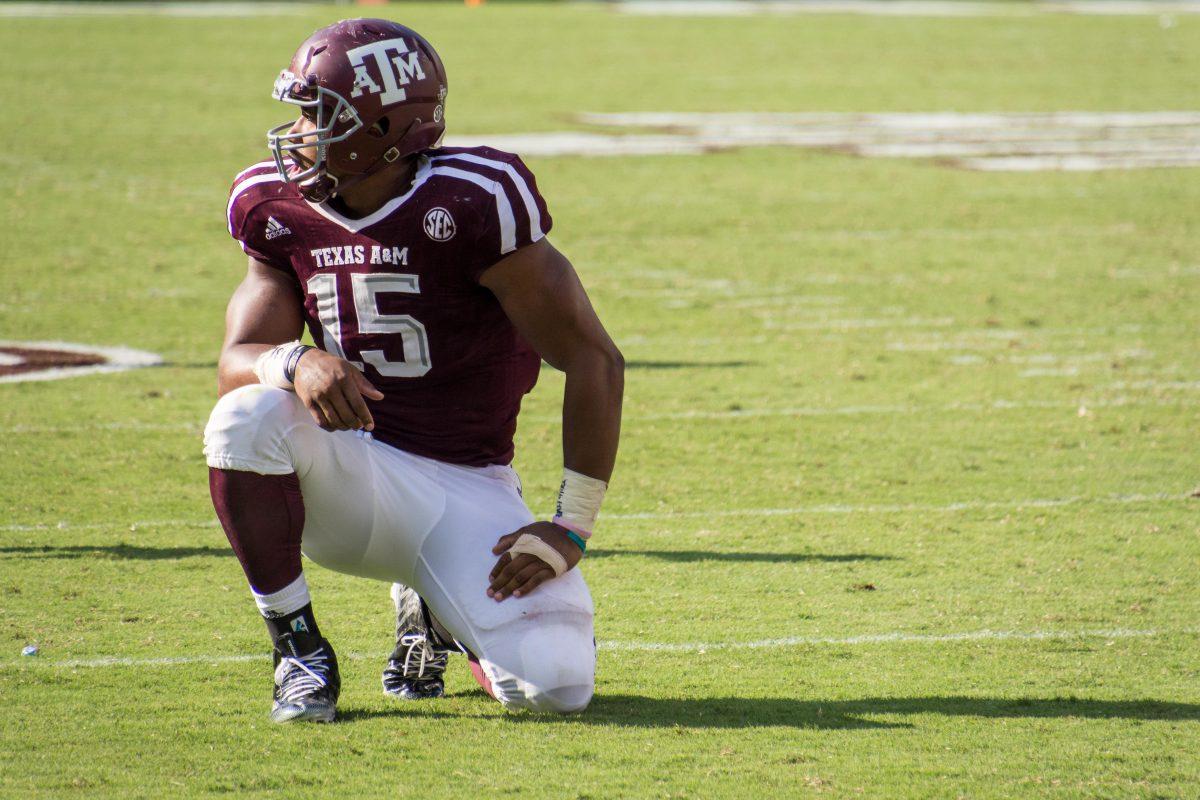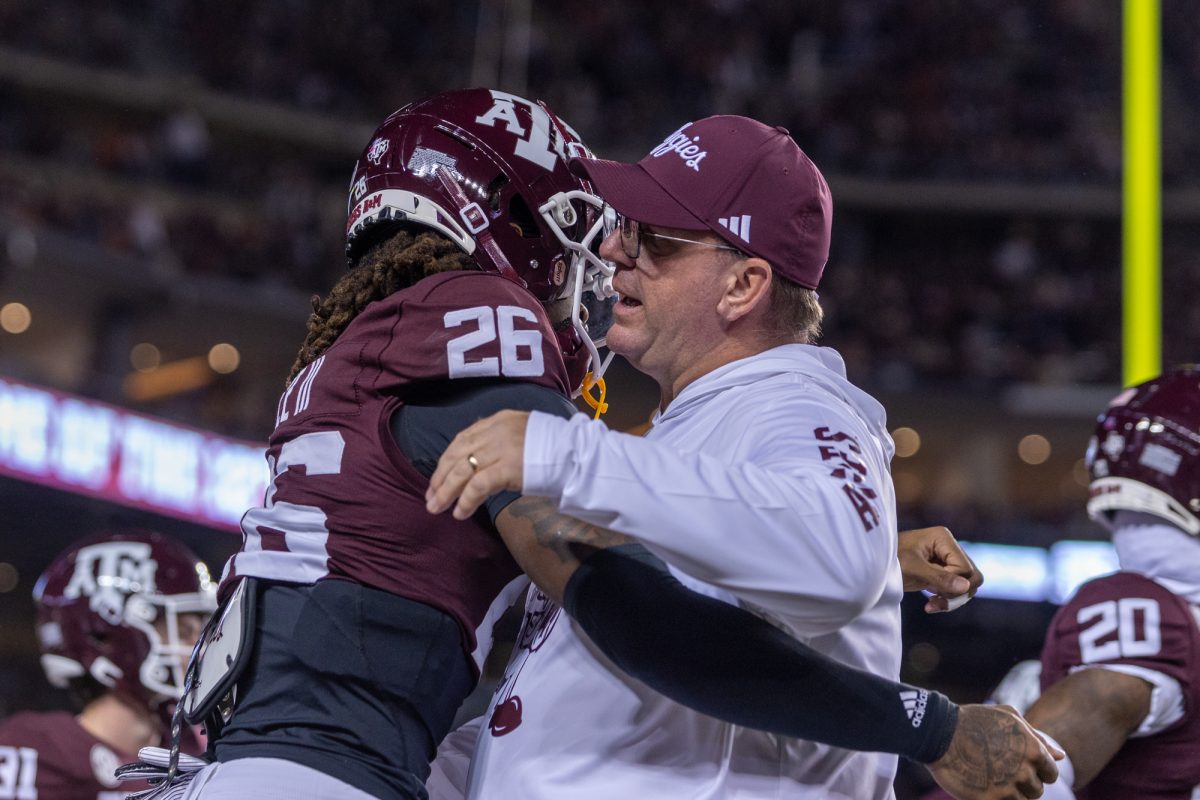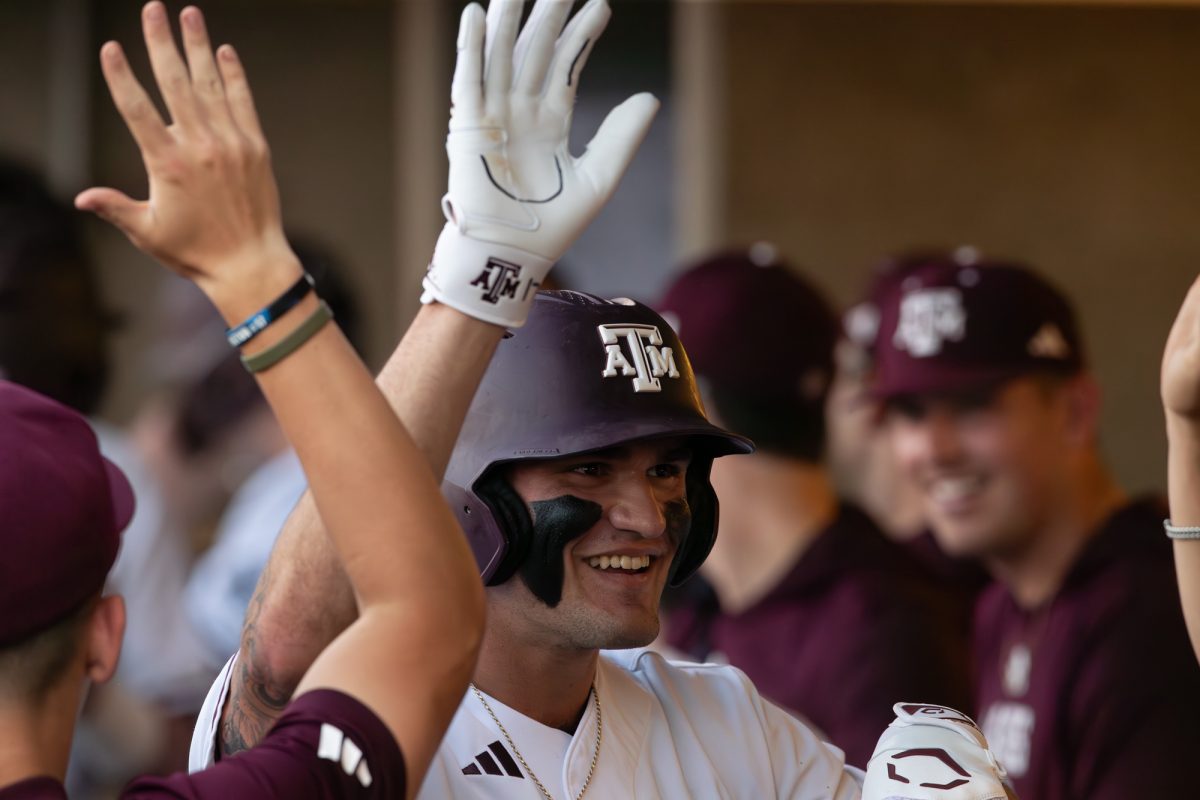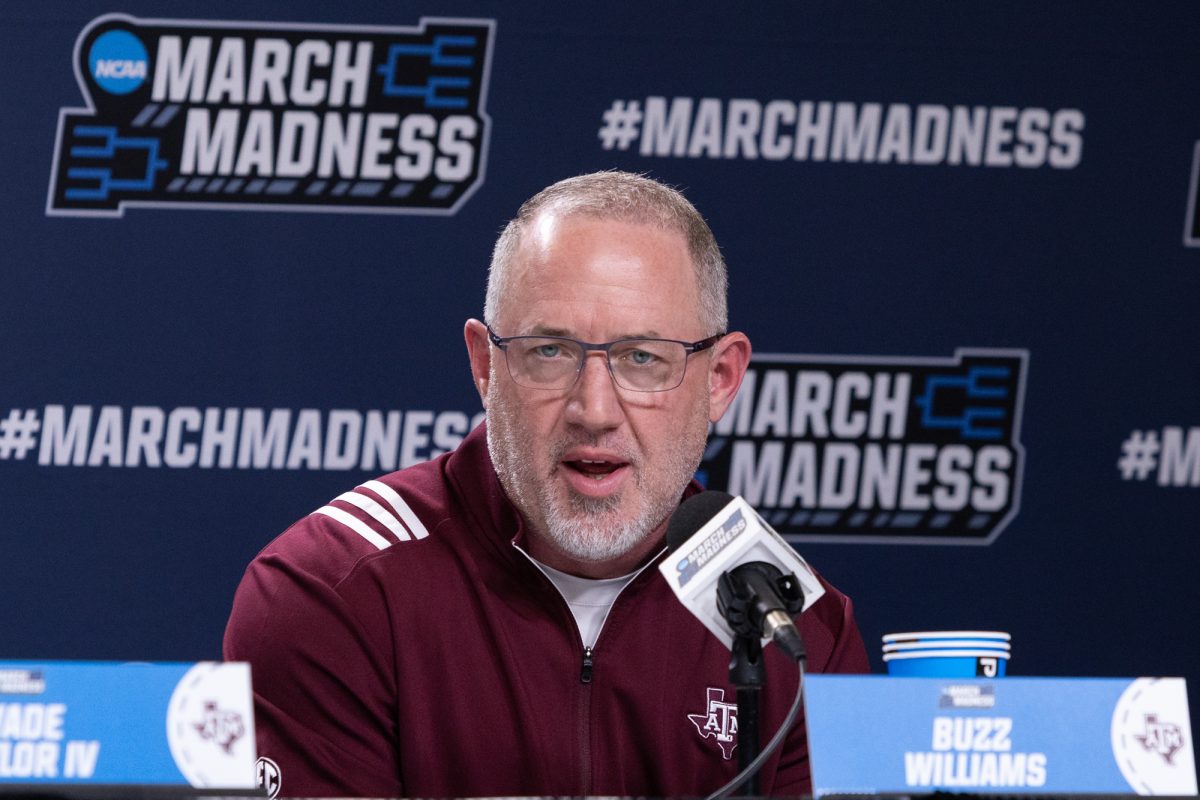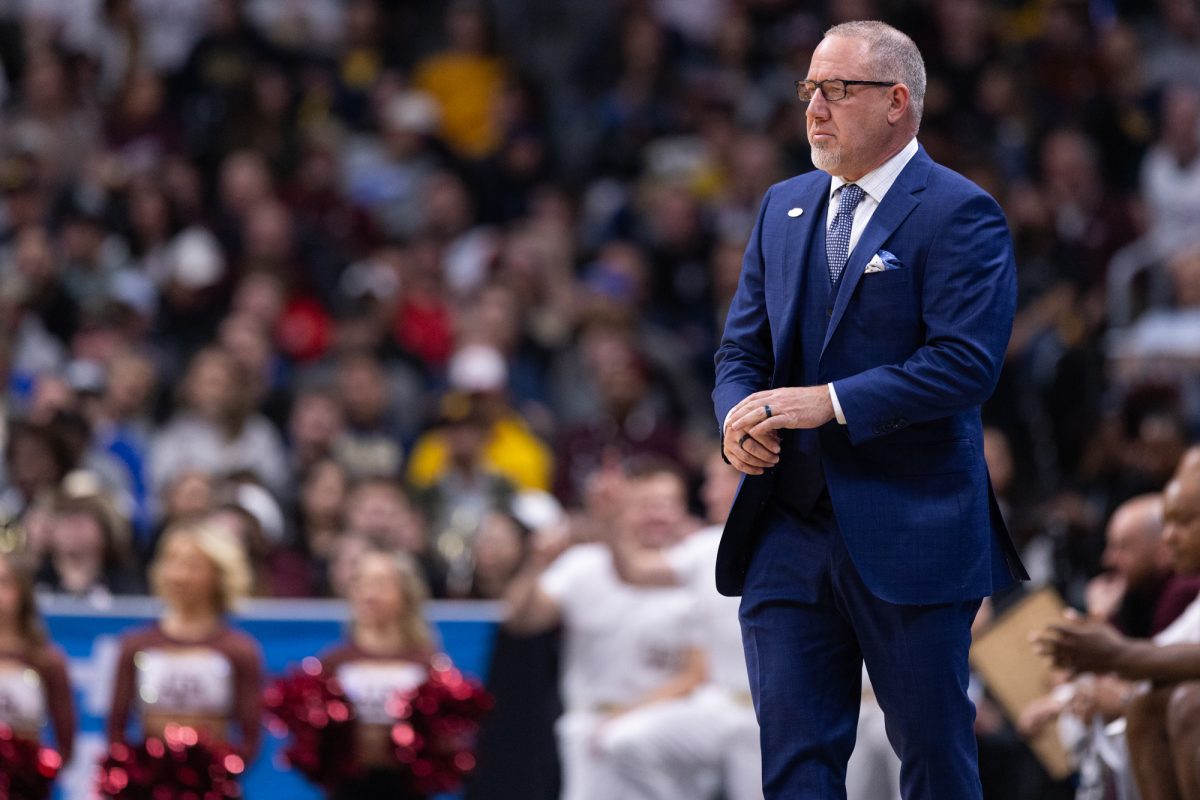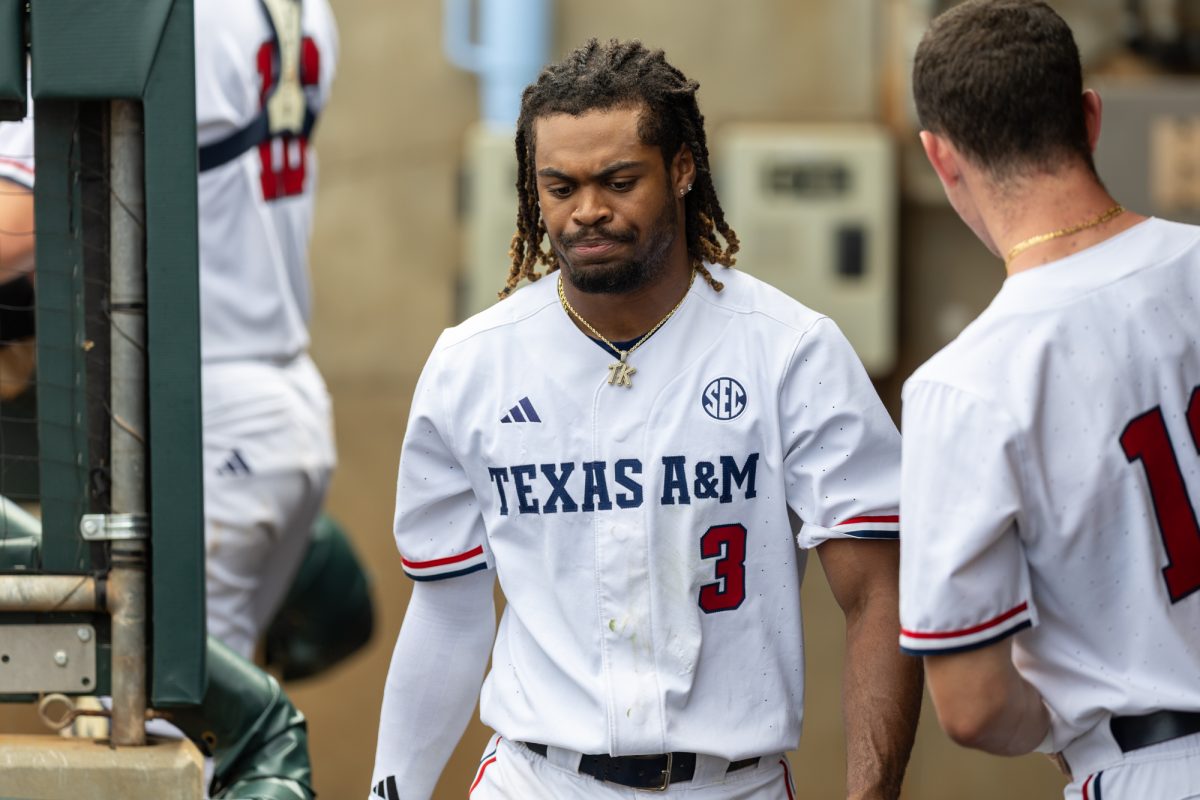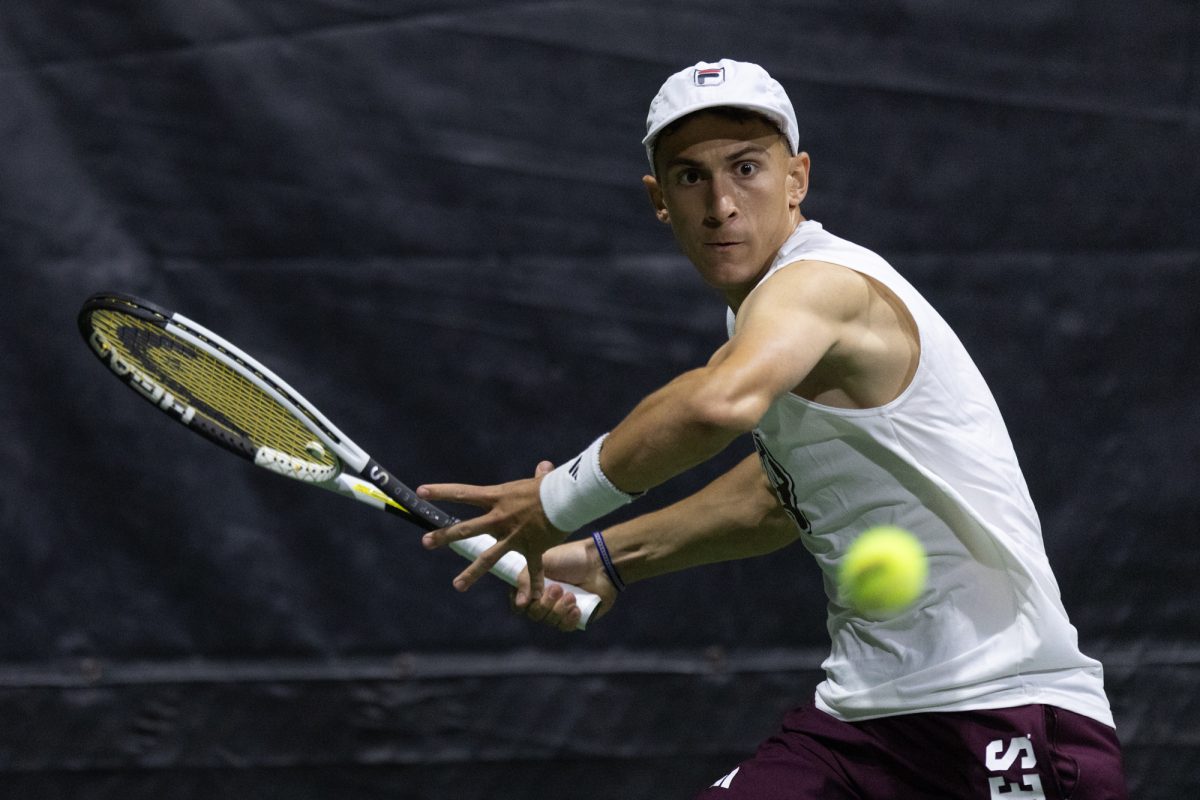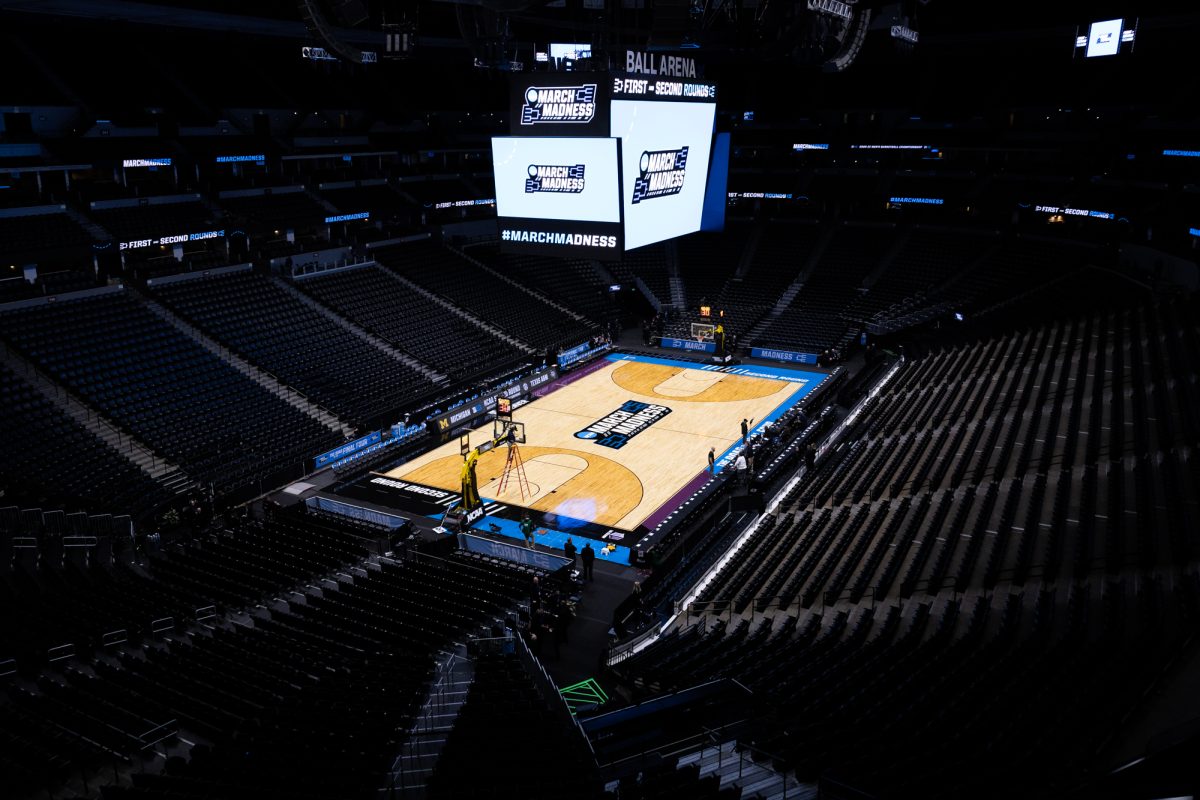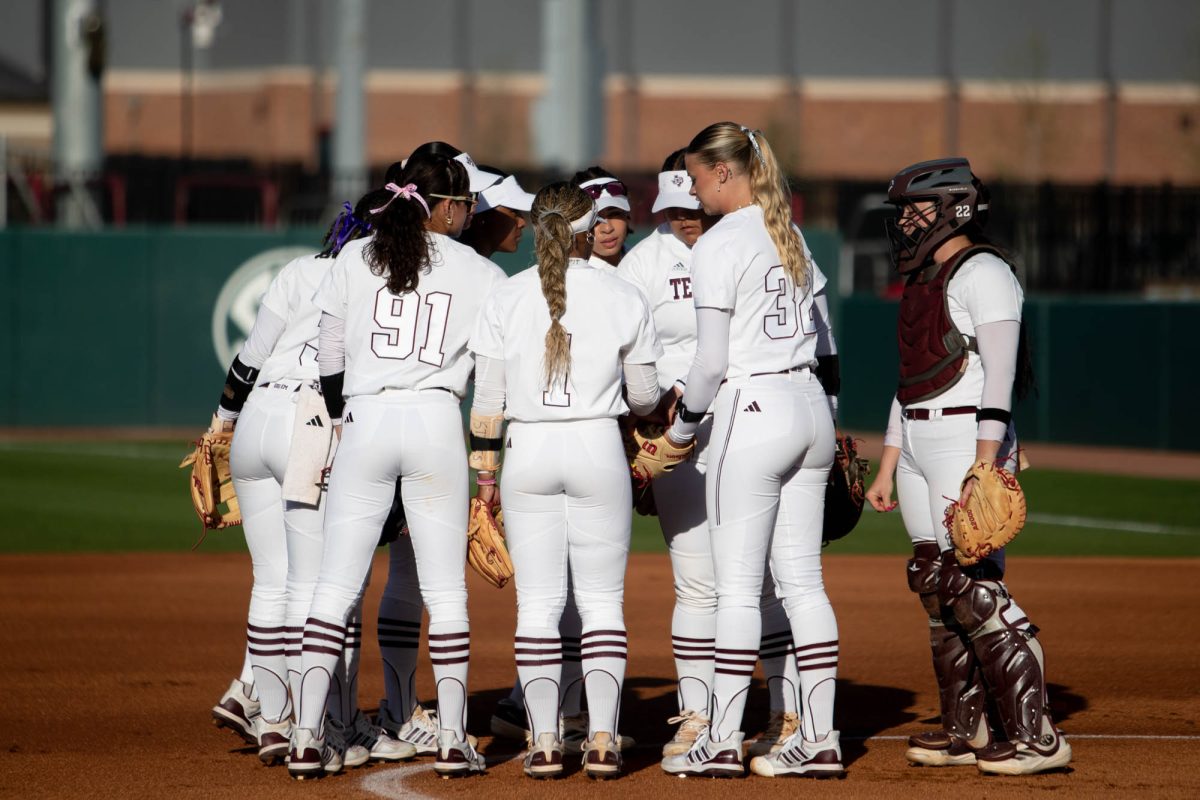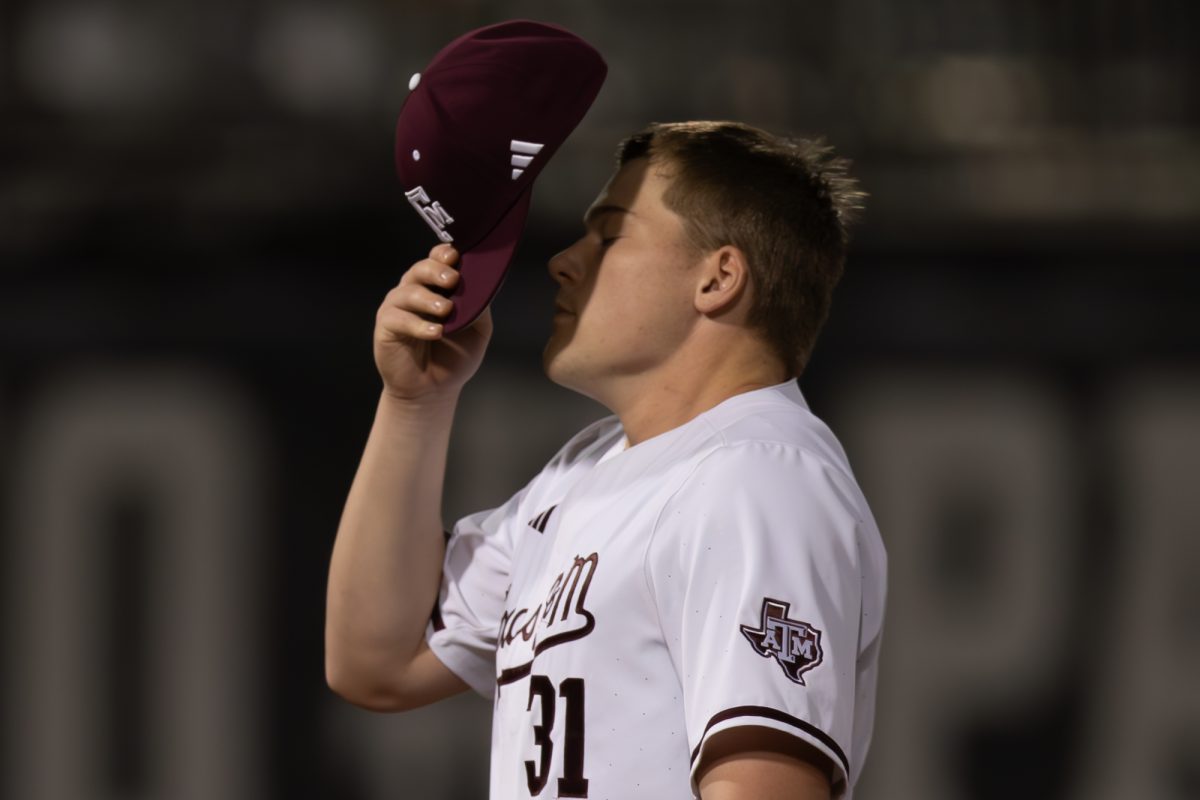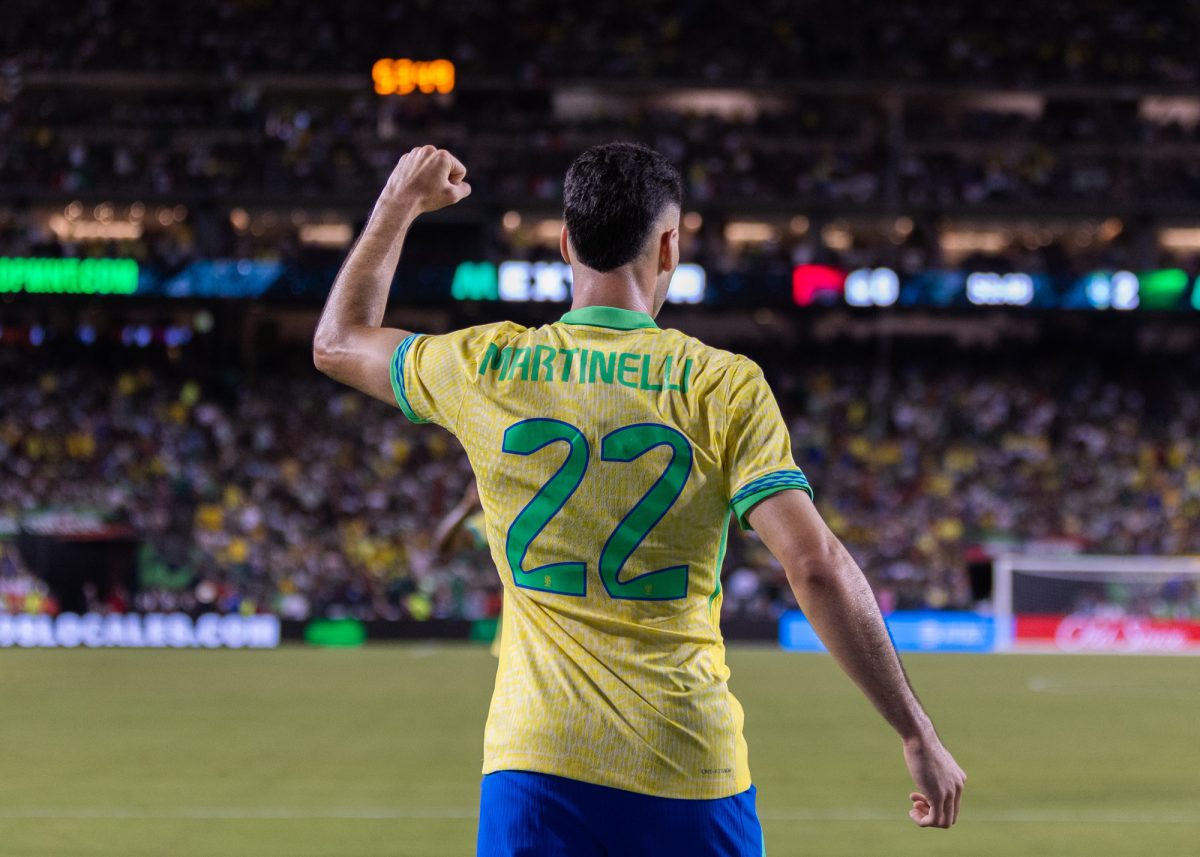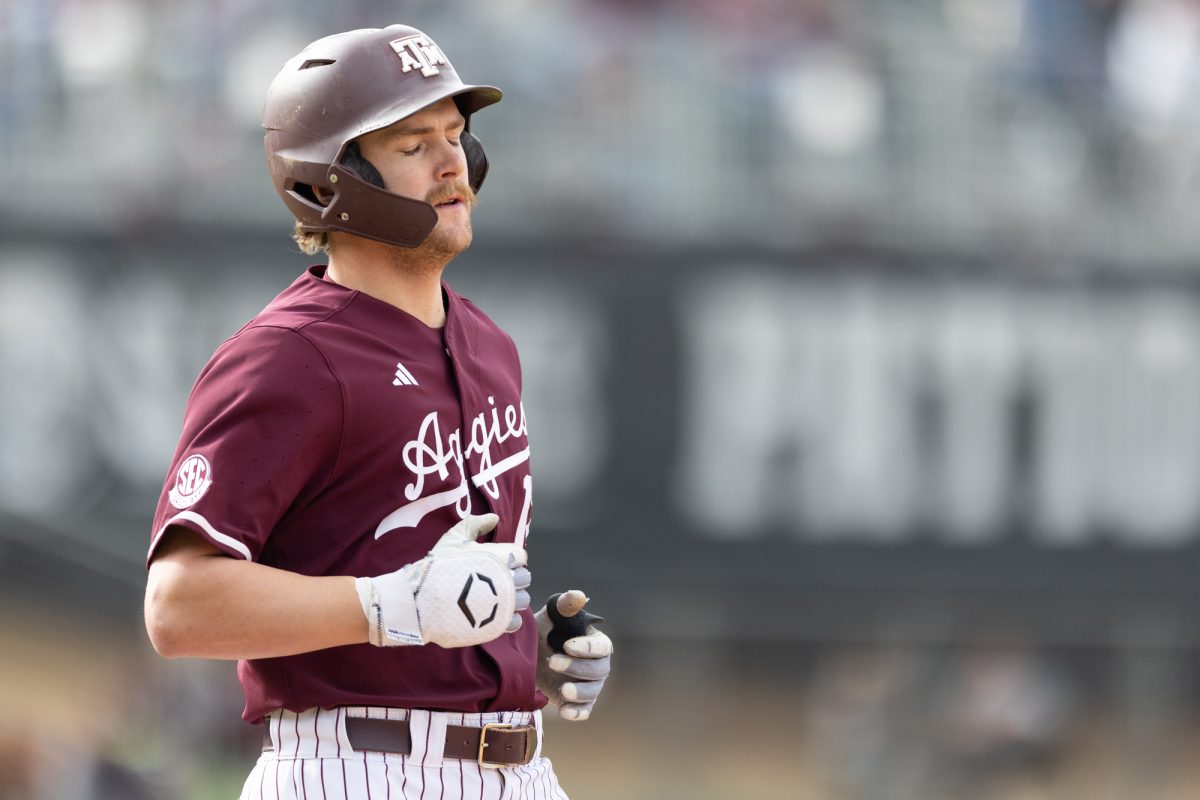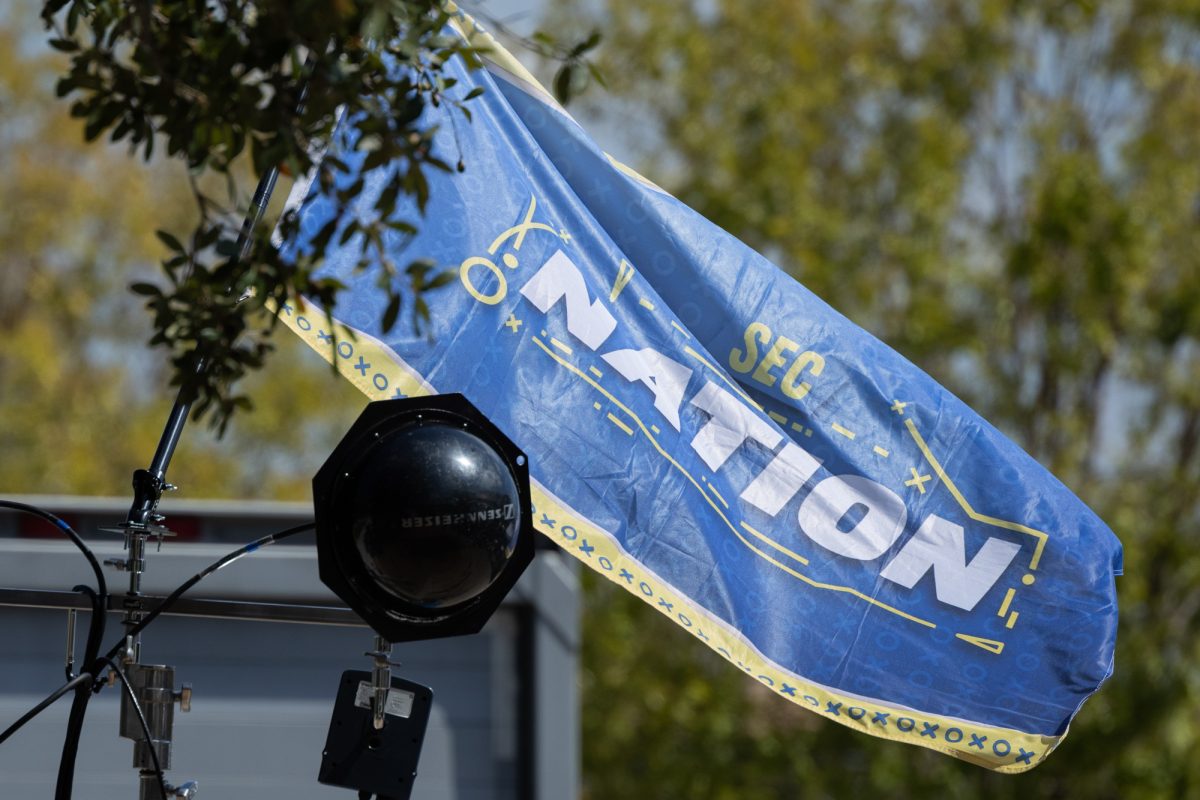“I’m not going to be the next head coach at LSU. Next question.”
With a head coaching opportunity present in Baton Rouge, La., Lincoln Riley, coach of the Oklahoma Sooners, told reporters he would not be taking the gig after losing to Oklahoma State and narrowly missing out on the Big 12 Championship Game. The Sooners were still a top-15 team in the nation, according to the CFP Rankings, and Oklahoma fans could still look forward to a top-tier bowl game.
“This is going to be the Mecca of college football,” Riley said less than 48 hours later.
Except this time, he was talking about the University of Southern California.
Riley had accepted a head coaching position at USC and was leaving his team before the postseason had even began. And he was taking his coaching staff with him.
Oklahoma defensive lineman Isaiah Thomas tweeted in response:
Coaches hold a position of unmatched power within a football program, particularly in college. When coaches have a team of 100-or-so players who dedicate themselves to the program, and in turn repay those players with false assurance and unwarned goodbyes, those coaches need to be held accountable for their actions. A leader doesn’t do that.
The same day coach Riley announced USC as the new college football powerhouse, Nov. 29, Brian Kelly, then-coach of Notre Dame, was hired as the new coach at LSU. Notre Dame was the sixth-ranked team in the nation in the CFP rankings and, according to ESPN’s College Football Power Index, had the fifth-best odds at reaching the College Football Playoff at the time of Kelly’s departure.
It is not unusual for coaching changes to be made before the end of the season, as both Notre Dame and Oklahoma enter the postseason with different head coaches. For example, Billy Napier, the current coach of the Louisiana-Lafayette Ragin’ Cajuns, agreed to a head coaching role with the Florida Gators before the season’s end.
There are a few key differences between Napier’s situation and Riley and Kelly’s, though. Napier is finishing out his season with the team, including a conference championship and, potentially, the team’s bowl game. As reported by First Coast News, he agreed to delay the announcement until after the coach met with his team.
What’s unusual about the situations for the Sooners and the Fighting Irish is how their coaches seemingly snuck away in the night without offering the same gratitude Napier did, despite the high stakes both teams are facing.
Oklahoma is not only preparing for a bowl game, but it’s preparing for conference realignment. In 2025, the Sooners will be leaving the Big 12 Conference for the Southeastern Conference. After a half-decade with Riley at the helm, Sooner Nation was looking for some stability as it entered an age of change. Now, Riley’s departure, which came with no notice, is cracking the thin ice on which the team stands.
Entering tumultuous times, the team was abandoned. Riley leaving on a whim set Oklahoma up for failure, potentially setting the program back for years and damaging it even beyond the need for a new head coach. The Sooners hemorrhaged multiple coaches, current players and their future as a result.
Numerous 4- and 5-star athletes are decommitting from the program, and rightfully so. The team they had originally agreed to join is no longer the one that stands before them. Current players on the Sooners’ roster are also electing to enter the transfer portal, including Spencer Rattler, a pre-season Heisman favorite and the team’s starting quarterback to begin the season. Reportedly, neither the players nor the recruits were given warning by Riley.
Kelly’s move was no better. In a similar fashion to Riley, Kelly did not inform his staff or team ahead of time. His players found out about the hiring on social media before they heard from their own coach. Kelly sent a message to his team apologizing and calling for a meeting to discuss what had happened, but purple and yellow was splattered across his Twitter profile accompanied by a header that read “CALLIN’ BATON ROUGE” minutes before their 7 a.m. meeting — which reportedly lasted all of 11 minutes — had even begun.
The staff was unaware beforehand as well. One report from The Athletic said Kelly “ghosted” his employees, and one of his assistants was leaving a recruit’s home when he first heard the news.
While he did not damage his team as badly in the long term, he may have cost it in the short term. The Fighting Irish are on the outside looking in and, if the chips had fallen in their favor, may have found themselves in the College Football Playoff for the second season in a row. Now, the team is looking at a Fiesta Bowl appearance, a New Year’s Six game, against Oklahoma State.
According to Matt Fortuna and Pete Sampson of The Athletic, after Kelly’s early-morning meeting with the team, he, “took no questions. He didn’t meet with the staff members present. He walked out the door. The room was silent.”
It’s time we held coaches accountable for their actions. No divorce is without its mess, but the people expected to be leaders of programs, and get paid handsomely for it, need to be better than this. Rooms full of college students who — quite literally — put their blood, sweat and tears into a team expect leadership, not cowardice.
These coaches brought their players together from various walks of life, many of whom rely heavily on their programs for their livelihoods, yet they are being left in the dust with no warning and no assistance in favor of a check with more digits.
It’s entirely fair for these coaches to seek new opportunities. On the Dan Patrick Show, Kelly said his departure for Louisiana was an effort to seek a new challenge in his life. Riley and Kelly have every right to desire a larger contract or to put themselves in a better situation, as does Napier.
The issue with Riley and Kelly derives from the lack of communication. No athlete should find out from the mouths — or fingers — of social media creators that their coach, for whom they put their body on the line, is leaving them. That should come from the person who made promises to the players as they signed their letters of intent. The absence of notice forces teenagers and 20-year-olds into positions of weakness and uncertainty. The students who could be preparing for final exams must instead, at the last second, prepare to navigate the next stages of their lives.
Even further, Oklahoma, 10-2, and Notre Dame, 11-1, are preparing for some of the biggest games their players may ever play in. While both programs are perennial contenders for major bowl games, and even the College Football Playoff, that does not negate the bowls’ importance to these athletes. Some football players are transfers to the program from smaller schools and could be looking at one of the biggest games of their lives. Some could be seniors, wanting to end their football careers on a strong note. All of them, however, fought to reach the point at which they currently stand, and they shouldn’t have opportunities potentially stolen from them by others’ selfishness.
Social media has compared Riley and Kelly’s departures to players who sit out of these important bowl games, when, in reality, these are incomparable situations. When an athlete sits out of a bowl game, it is an effort to set them and their family up for the future; they avoid risk of injury in order to help themselves and others. When a coach abandons their team during the season, they avoid no risk. The only cost is at the expense of others.
Jordan Epp is a journalism junior and sports reporter for The Battalion.
Commentary: Left in the dust
December 5, 2021
Photo by Photo by Abbey Santoro
A&M will compete for its fourth straight bowl win on New Year’s Eve.
0
Donate to The Battalion
$2065
$5000
Contributed
Our Goal
Your donation will support the student journalists of Texas A&M University - College Station. Your contribution will allow us to purchase equipment and cover our annual website hosting costs, in addition to paying freelance staffers for their work, travel costs for coverage and more!
More to Discover




